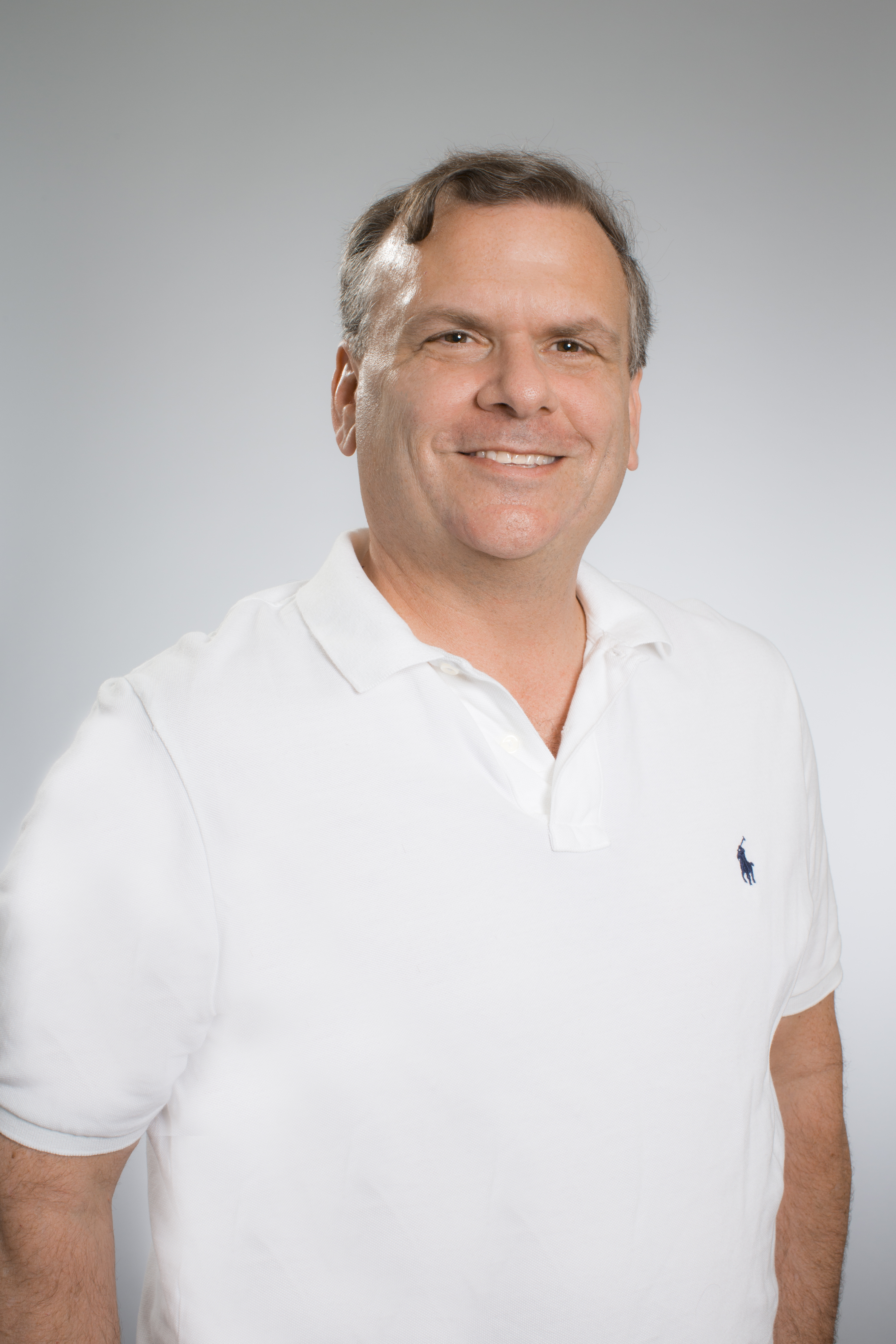Eric Schadt is Mount Sinai Professor in Predictive Health and Computational Biology at the Icahn School of Medicine in New York City. He is also founder and chief executive officer of the predictive health company Sema4.

Eric Schadt
Professor
Icahn School of Medicine at Mount Sinai
From this contributor
Counseling can ease shock of unexpected genetic results
The best way to deliver surprises from genetic findings is to provide adequate information and counseling alongside the results.

Counseling can ease shock of unexpected genetic results
Explore more from The Transmitter
Neuro’s ark: Spying on the secret sensory world of ticks
Carola Städele, a self-proclaimed “tick magnet,” studies the arachnids’ sensory neurobiology—in other words, how these tiny parasites zero in on their next meal.

Neuro’s ark: Spying on the secret sensory world of ticks
Carola Städele, a self-proclaimed “tick magnet,” studies the arachnids’ sensory neurobiology—in other words, how these tiny parasites zero in on their next meal.
Autism in old age, and more
Here is a roundup of autism-related news and research spotted around the web for the week of 2 March.

Autism in old age, and more
Here is a roundup of autism-related news and research spotted around the web for the week of 2 March.
Lack of reviewers threatens robustness of neuroscience literature
Simple math suggests that small groups of scientists can significantly bias peer review.

Lack of reviewers threatens robustness of neuroscience literature
Simple math suggests that small groups of scientists can significantly bias peer review.